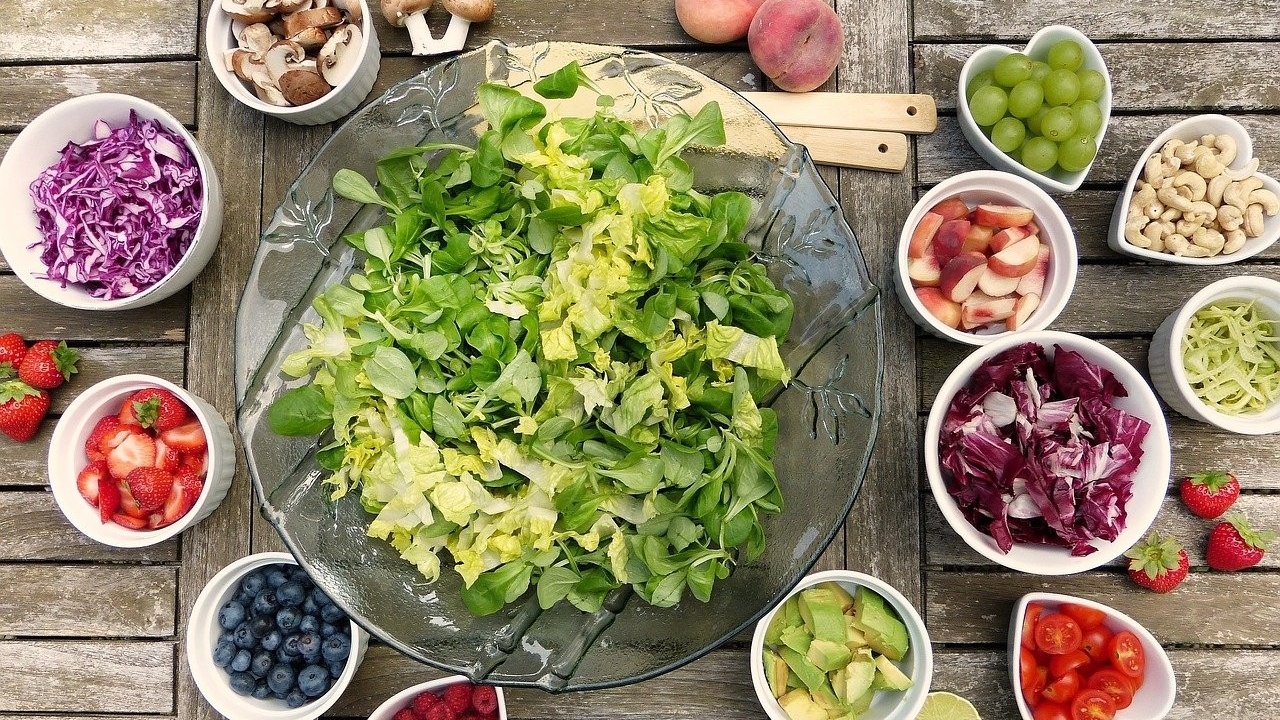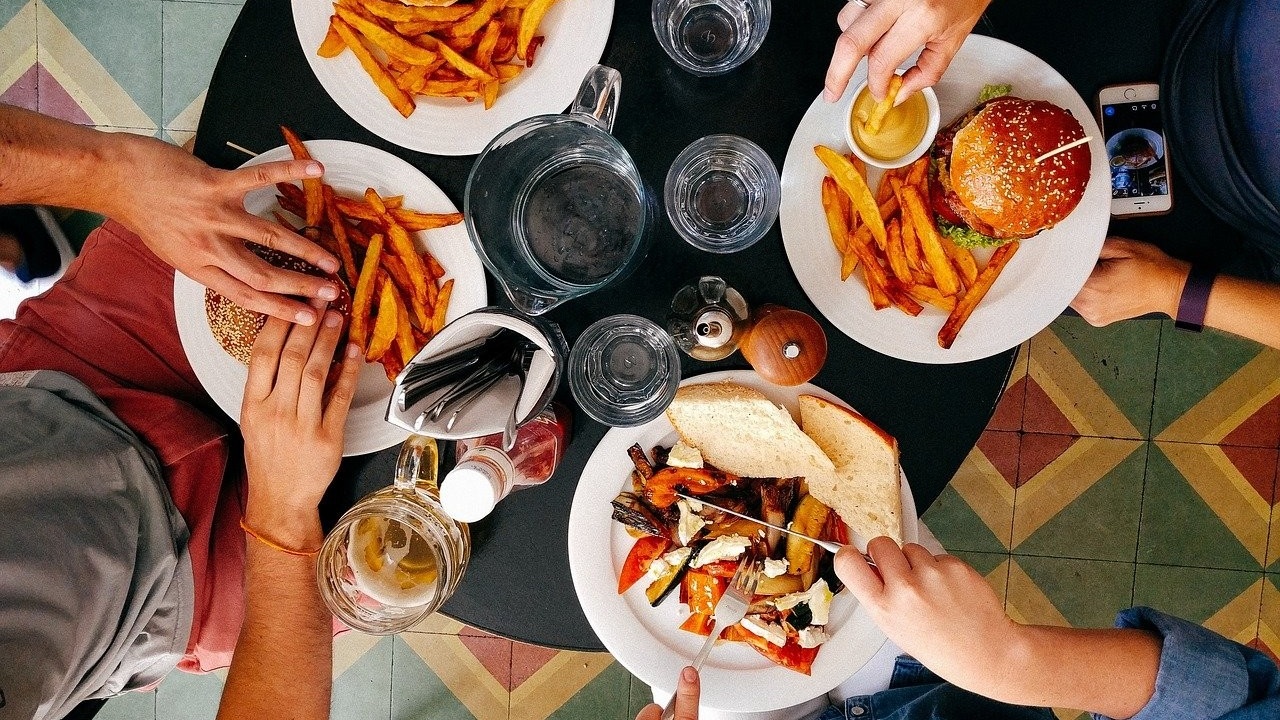Why Your Meds for Diabetes Aren't Making You Better

Did you ever think you would have to pay so much attention to numbers? Your numbers.
A1C. BS.
Maybe they have gotten a little better since you were diagnosed, but not enough to say you are actually beating diabetes or even doing a good job controlling it.
You’ve been watching what you eat and taking the meds religiously. Why aren’t they working?
Maybe because the medications given for type 2 diabetes don’t treat the cause of type 2 diabetes.
Surprise!
Let’s break this down and see if that’s really true.
What causes type 2 diabetes?
What causes type 2 diabetes? Insulin resistance.
What is insulin resistance? I’m so glad you asked.
Here’s the short version. Insulin resistance occurs when your body’s cells no longer respond to insulin the way that they are supposed to. Insulin’s job is to take sugar from the blood and put it into cells where it can be used for energy. Insulin will...
Why Diabetics Can't Lose Weight

You’ve done everything they’ve asked you to.
Eat fewer calories.
Avoid saturated fats.
Load up on fruits and vegetables.
Get out and exercise more.
Why isn’t the weight coming off?
If you are a diabetic, weight loss is not as simple for you as it is for others - not that it’s easy for anyone. But as a diabetic, you have a particular metabolic situation that you are dealing with.
Your body is burning fuel and storing energy differently than people who don’t have diabetes.
Over the last several decades that we have been struggling to lose weight, the medical community has accumulated enough evidence to know that low calorie diets do not work. Not for diabetics, not for anyone.
The Experiment
Let me tell you a story about an experiment done in 1944 by physiologist, Ancel Keys and psychologist, Josef Brozek. It was called the Minnesota Starvation Experiment. Let’s set aside for the moment the fact that Keys and Brozek owe an apology to all...
The "Diabetic Diet"

What exactly is a “diabetic diet” anyway?
Was your advice just to “eat healthy”?
Maybe you met with a nutritionist. If so, that nutritionist may have given you the latest recommendation available on the American Diabetes Association’s website:
“Everyone's body responds differently to different types of foods and diets, so there is no single "magic" diet for diabetes.“(1)
Well, now...that’s helpful.
Actually, a consensus report was published by the ADA in May of 2019, and that really was their conclusion.
“Though it might simplify messaging, a 'one-size-fits-all' eating plan is not evident for the prevention or management of diabetes, and it is an unrealistic expectation given the broad spectrum of people affected by diabetes and prediabetes, their cultural backgrounds, personal preferences, co-occurring conditions (often referred to as comorbidities), and socioeconomic settings in which they live.” (...
The SAD Diet (Yes, you are probably on it!)

How was dinner last night?
Did you slave over a hot stove for hours putting together a masterpiece that a Michelin starred chef would be proud of?
Or, did you get home from work or soccer practice, open the refrigerator and think, “What would be quick and easy?”
It’s okay if it’s the second one. We can’t all be Wolfgang Puck - oh wait, he does frozen pizza and take out, too.
I mean it could be okay if you did something frozen or take out (probably not pizza, even with the veggies), but it just depends.
We are a world of very busy people. Decades of innovation have made life so much easier, but in some respects, not better - at all.
Yes, I know - running water, indoor toilets, refrigerators with ice makers, vacuum cleaners, a car in every driveway, cable TV, computers in every home, (heck, computers in every pocket)...all good.
But innovations to the food we eat - not so good. I’m talking about processed food. It’s convenient,...
Are All Veggies Good For You?

As a child they were what you had to finish before you could leave the table. Or get dessert - which was, of course, much more motivating.
Those last few broccoli florets or brussel sprouts staring up at you.
Your mom insisting that they are just what you need to make you big and strong.
via GIPHY https://giphy.com/gifs/54Y38YdCPe58XA0FpJ/html5
But are all veggies healthy?
I’m not talking about organic vs. non-organic because that’s a whole other conversation. But are some veggies inherently less healthy than others?
It depends. On you.
You see, our metabolisms don’t all work the same as we age. That’s fairly evident by the different metabolic diseases we contract including obesity and diabetes.
Vegetables can be categorized in a variety of ways, but for our purposes an easy and useful one is as follows:
- Leafy greens - iceberg lettuce, romaine lettuce, endive, spinach, collards
- Cruciferous vegetables - brussel sprouts, cabbage, kale,...
How the Heck Did I Get Type 2 Diabetes?

Were you shocked the last time you visited your doctor?
I mean, you don’t have any kind of x-ray vision into your blood to know what’s going on in there.
So maybe you had a surprise or two with your lab results. You are not alone.
If one of those surprises was an elevated blood sugar, then you can join millions of other clueless compadres. In fact, about 1 in 4 people living with diabetes today have no idea they have it. And when you are talking about pre-diabetes, that number is only 1 in 10. So yep, plenty of other people have some raised eyebrows when they get that phone call about their labs.
I’ve got what?
How did this happen to YOU?
Type 2 Diabetes does sneak up on you. I’m saying “type 2” because that is by far the most common. The other kind, type 1, is an autoimmune disease that destroys the cells that make the hormone insulin which controls your blood sugar. You most likely have type 2. So how did that happen?
According...




